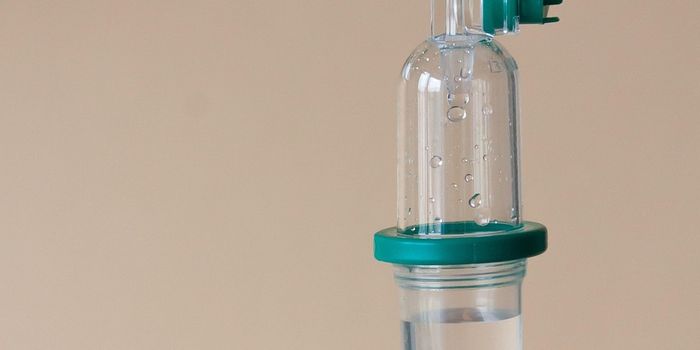Vaccine To Protect Against The Zika Virus
Scientists at The University of Texas Medical Branch at Galveston present for the first time how a single high dose vaccine can protect a pregnant mouse along with its fetus from the effects of the Zika virus. These findings confirm that single dose of the vaccine is mild in potency and not enough to provide protection against the Zika infection—and thus, a higher does provides a greater efficacy while maintaining safety.
Learn more about the Zika virus:
“Preventing birth defects in developing fetuses is an important goal of the Zika virus vaccine but studies on vaccinations in pregnant females have been lacking, raising a number of important questions that are critical to the clinical development and regulatory approval of Zika vaccines,” said UTMB’s Pei-Yong Shi, senior author and the I.H. Kempner professor at the department of biochemistry and molecular biology.
Results were published in the journal Nature Communications.
“Could vaccination during pregnancy protect against infection and transmission to the fetus? Does pregnancy affect immune responses to Zika vaccination? Does maternal immunity from vaccination during pregnancy protect newborns against infection?” adds Shi which his laboratory are currently working on improving the efficacy of the vaccine.
Researchers also learned from there studies that a high-dose or more immunogenic vaccine is necessary during pregnancy since a growing a fetus weakens the mothers immune system. They also learned that a live-attenuated vaccine is safe in pregnant female mice and their fetuses. For example, no side-effects were observed on pregnancy, fetal development or infant behavior. Overall, the study suggests that their vaccine may be a great protective agent not only for pregnant women but for non-pregnant people as well.









